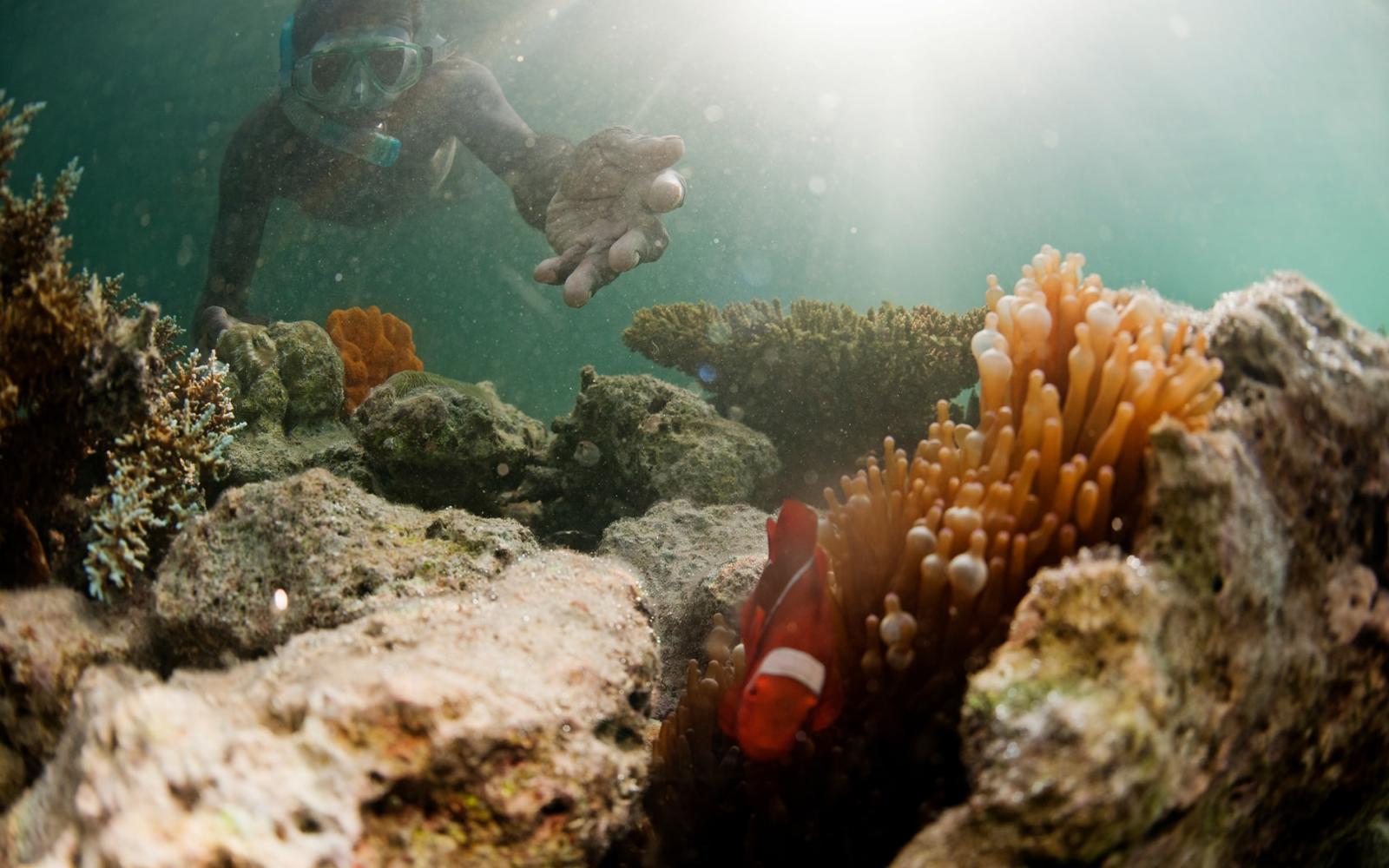The marine areas to be protected will be expanded. The Big Island aims to increase the surface area of its maritime protected areas by 2025. They will thus increase from 1,379,029 hectares of protected marine areas to 2,400,000 hectares after updating the relevant technical management tools. Friday, during the workshop presenting standard tools to protect marine areas, this was developed. How to manage these surfaces and enhance them? Several community projects are already in place. They are even commonplace for several regions of the Big Island.
The implementation of this extension plan will not encroach on these local management activities, it will even serve to enhance them. At least, that’s what Jean Hervé Bakarizafy, director of Protected Areas within the Ministry of the Environment and Sustainable Development, explains. “Everywhere in Madagascar, there are various local initiatives, to name only the community management of Protected Areas in Antongil Bay, which reach four hundred thousand hectares. The same as for the regions of the deep south whose Protected Areas easily reach six hundred and twenty-five thousand hectares. We are going to promote these areas through the standard management recommended by this project,” he exclaims.
The extension of the surface area of Marine Protected Areas is not without positive impacts for local communities. But also and above all for the national economy. A recent study estimates that increasing the coverage area of marine protected areas by 5% will help increase fishing yield by 20%. This would indeed be the right choice for the development of the blue economy for the country, apart from the establishment of exclusive economic zones.
According to the Foundation for Protected Areas and Biodiversity, protected marine areas cover 11.8% of the national surface area. Malagasy Marine Protected Areas aim above all to preserve fish, essential food and economic resources for coastal fishing populations. Their implementation helps preserve the health of the oceans, particularly coral reefs.




